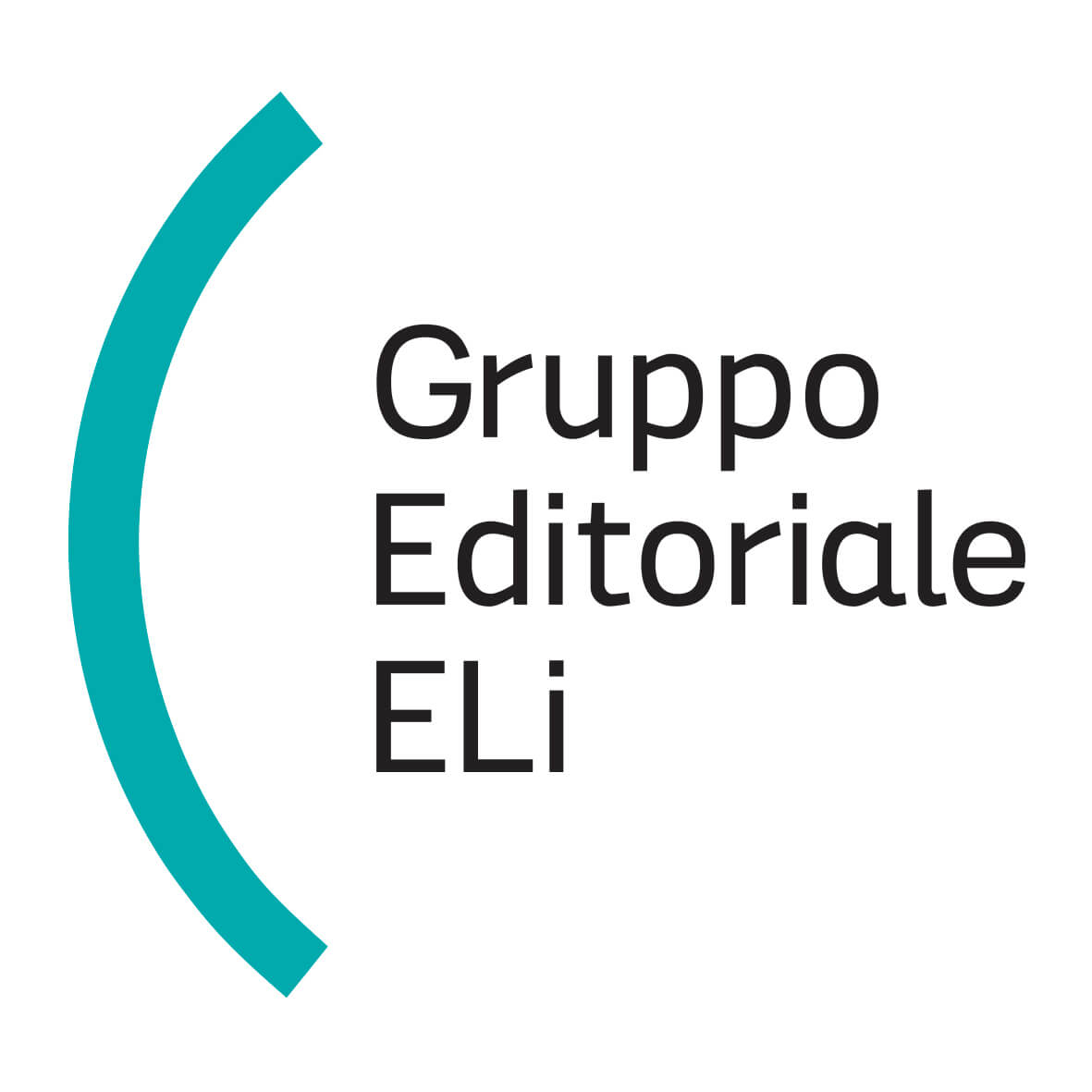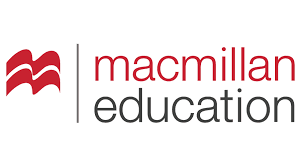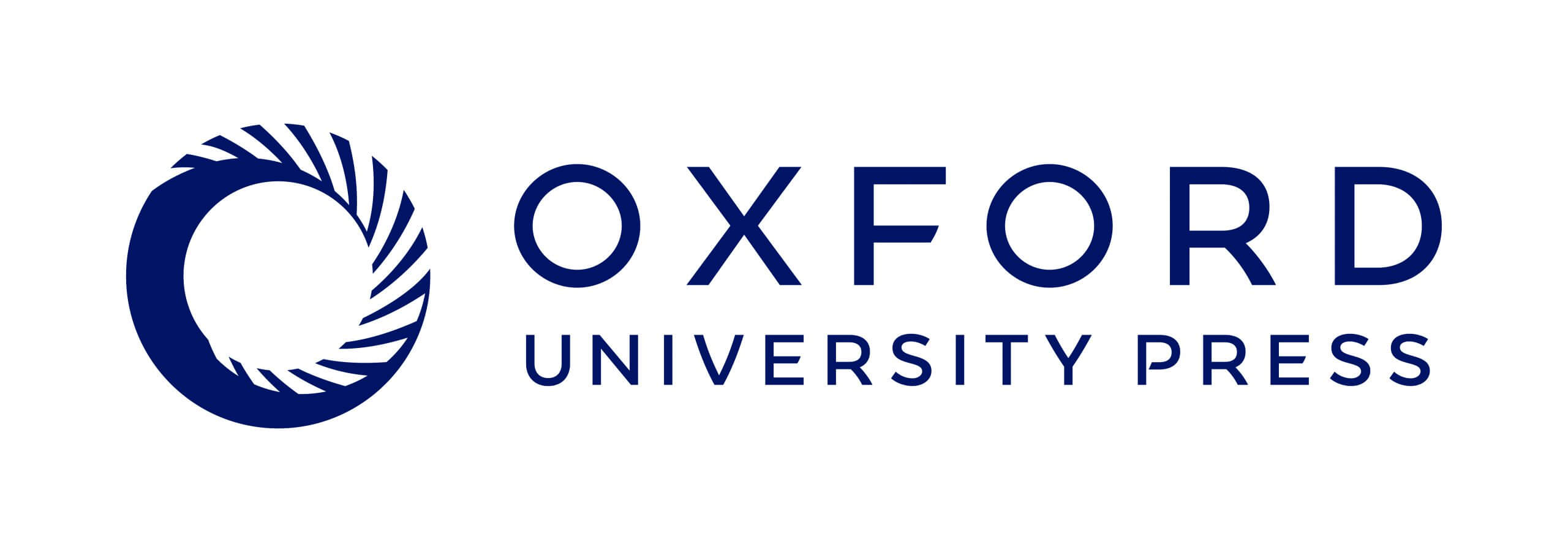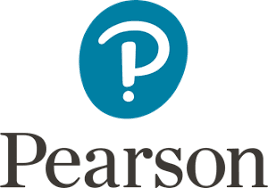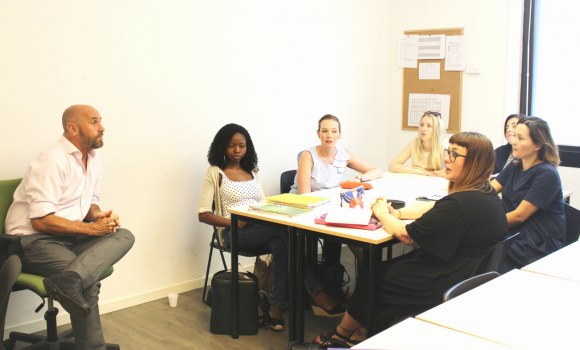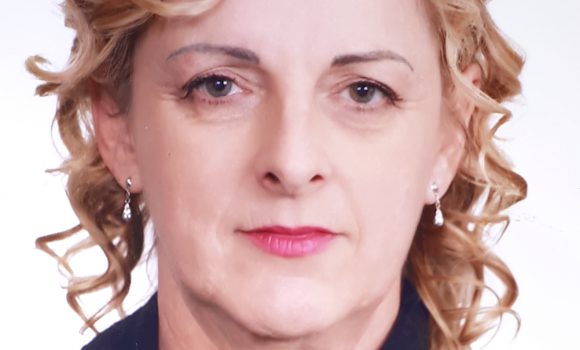Partecipa al programma di formazione online per insegnanti di inglese ideato da AISLi, l'Associazione Italiana Scuole di Lingue
Conferenza annuale e workshop
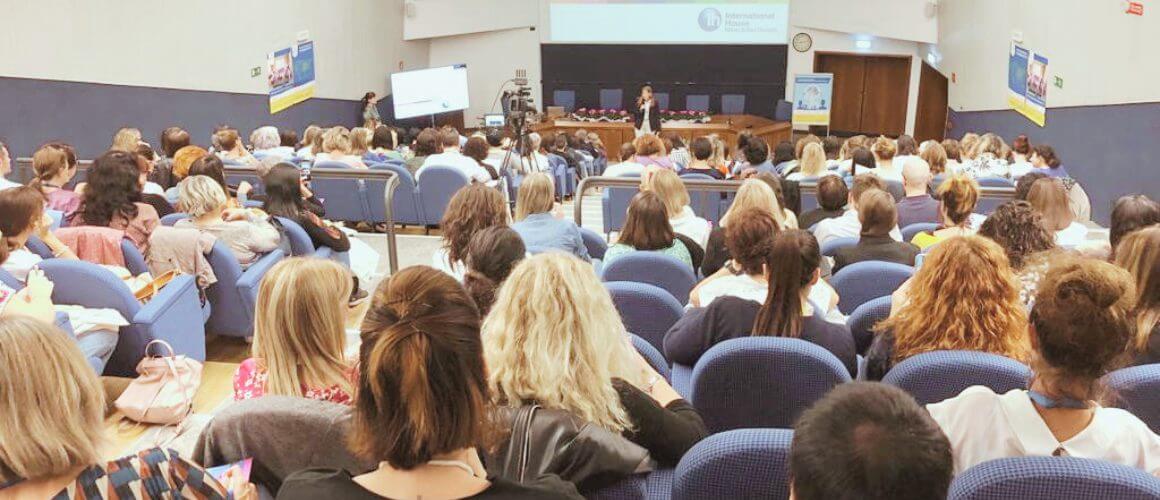
Speaker e presentazioni
Come ogni anno alla nostra conferenza parteciperanno nomi di spicco del mondo EFL. Apri le tab qui sotto per scoprire chi sono stati gli speaker della conferenza e l’argomento delle loro presentazioni.
Approaching sustainability in the ELT classroom
Activities to equip learners with sustainability skills
In this session we will explore what sustainability is and reasons to include it in the language classroom. We will look at sustainability skills and introduce the Sustainability Framework for ELT which has been developed to support educators in integrating sustainability into classroom practice. We will look at ideas and activities for the classroom including the Sustainability Activity Cards for more inspiration and practical ideas.
 Sarah Ellis is currently working as Senior Manager, Assessment Services, for Cambridge University Press and Assessment. She is based in Bologna, Italy. Sarah is interested in Assessment, Learning & Professional Development and has an extensive background in teaching, teacher training, assessment and exam management. She has trained teachers on CELTA and DELTA courses and is currently is involved in the Cambridge professional development and teacher support programme which provides information, materials and support for teachers and academic directors. She is particularly interested in supporting teachers in developing digital skills and assessment literacy.
Sarah Ellis is currently working as Senior Manager, Assessment Services, for Cambridge University Press and Assessment. She is based in Bologna, Italy. Sarah is interested in Assessment, Learning & Professional Development and has an extensive background in teaching, teacher training, assessment and exam management. She has trained teachers on CELTA and DELTA courses and is currently is involved in the Cambridge professional development and teacher support programme which provides information, materials and support for teachers and academic directors. She is particularly interested in supporting teachers in developing digital skills and assessment literacy.
New ideas and activities for promoting youth engagement through collaborative projects
The G7 Education Ministers’ Declaration Trieste 27-29 June 2024 endorses ‘the fundamental role of education in helping to enable the achievement of all other Sustainable Development Goals and in driving inclusive economic and sustainable growth, equity, human dignity, well-being and peace’.
In this session we will illustrate practical examples of collaborative projects in English using a variety of tools and resources and the role of the educator in supporting student outcomes and and encouraging students to engage with English beyond the classroom . We will also look at new approaches to teaching and , learning using new technology and Artificial Intelligence in tools including MondlybyPearson. All of these new frontiers empowering youth engagement in transformative times.

Donatella Fitzgerald – is a teacher, teacher trainer and trained to teach Mindfulness in Schools Project (from pre school to teens) and has completed Module 1 on the Teacher Training Pathway with the Mindfulness Network in collaboration with Bangor University . Her specialist interest are Extensive Reading Projects, CLIL, Citizenship, Mindfulness, Plurilingualism, Artificial Intelligence in Education. In her current role as ELL Consultant at Pearson she works with teachers and students every day to find solutions to help them achieve their teaching and learning goals. In 2024 she was awarded an MBE (Member of the British Empire) in the King’s Birthday Honours List for Services to English Education and Youth Engagement.
Developing soft skills in the ELT classroom
Nowadays, we have become so much more than mere language teachers. We have been entrusted with the privilege of preparing our students to become the future citizens of tomorrow. This implies teaching them life skills like self-knowledge, organisational, effective time management and teamwork skills. In this session, we will be taking a look at how we can tweak the coursebook to take learning English to the next level by teaching life and soft skills and engaging students to become the active citizens of tomorrow. Come along for a few good practical ideas to take into your classroom.

Vanessa Reis has been a passionate EFL teacher for the past 28 years and counting. She has taught English language learners from the ages of 3 to 60+. She currently teaches at Escola Superior de Educação in Porto, Portugal, where she teaches English language, literature and various subjects related to the methodology & didactics of teaching English. Vanessa divides her time between writing coursebooks, giving teacher training sessions around the world, teaching English and completing her Doctorate degree in the field of coursebook design, which is one of her many interests.
So…what will you do with what you have learnt? A framework for deep and actionable teacher learning in the age of cognitive overload
Conference talks, webinars and blog posts typically focus on what teachers should try out in our teaching, and are packed with lots of exciting ideas and resources. Yet in many cases, only a few -if any- of the brilliant suggestions they propose actually become part of our own pedagogical repertoire. Is it any wonder that such is the result of these professional development activities which unwittingly overstimulate and cognitively overload overworked and tired teachers, leaving us to work out for ourselves the complexities of adapting and the challenges of implementing what has been presented to us?
This talk introduces an evidence-informed, tried and tested practical framework that supports teachers’ journey from becoming aware of new strategies, approaches or resources to judiciously putting these into practice with our classes and having a positive impact on our learners’ learning.
 Silvana has worked in the field of English Language Teaching for 37 years as teacher, teacher educator, academic manager, inspector, and consultant. She has trained EFL, MFL, ESOL, EAL, CLIL and subject teachers, teacher educators and school leaders in the state and private sectors both in the UK and abroad, and has designed, taught and supervised courses and projects commissioned by Ministries of Education and national and international teaching associations. Silvana was visiting lecturer on English as an Additional Language at the Faculty of Education, Cambridge University, Director of the Bell Delta Online, Academic Director at Bell Teacher Campus and Bell Teacher Academy, and is a speaker in international conferences. She has written online materials, blogposts and articles for teachers and school leaders, has co-written two Cambridge papers in ELT with Scott Thornbury and Gabriel Diaz Maggioli, and is the author of the forthcoming book on Promoting Teacher Learning for Cambridge University Press and Assessment.
Silvana has worked in the field of English Language Teaching for 37 years as teacher, teacher educator, academic manager, inspector, and consultant. She has trained EFL, MFL, ESOL, EAL, CLIL and subject teachers, teacher educators and school leaders in the state and private sectors both in the UK and abroad, and has designed, taught and supervised courses and projects commissioned by Ministries of Education and national and international teaching associations. Silvana was visiting lecturer on English as an Additional Language at the Faculty of Education, Cambridge University, Director of the Bell Delta Online, Academic Director at Bell Teacher Campus and Bell Teacher Academy, and is a speaker in international conferences. She has written online materials, blogposts and articles for teachers and school leaders, has co-written two Cambridge papers in ELT with Scott Thornbury and Gabriel Diaz Maggioli, and is the author of the forthcoming book on Promoting Teacher Learning for Cambridge University Press and Assessment.
Release the pressure: Taking the tension out of our teenage classes
Anything and everything you do in a teens’ class will either add to or take away from the existing tension in the room. In this session I shall talk about how some of our default teaching techniques might add an unnecessary element of strain and I shall draw on ideas I have fielded over the last two decades to offer small tweaks and alternatives. There will be examples, anecdotes and photos from my own classes. Suitable for new and experience teachers alike.

Chris Roland is a trainer and methodology writer based in Seville. He has taught in the private language academy sector, mainstream schools and held posts with the British Council in Damascus and Barcelona. He is known on the international ELT conference circuit for his lively but practical talks on classroom techniques. He tutors on both Trinity Diploma and Cambridge DELTA courses. He has published a number of books through Pavilion including: Understanding Teenagers in the ELT Classroom (2018) and Structuring Fun for Young Learners (2020) with two more complementary titles to help teachers transition to online teaching. Chris’ current interests are: the dialogue between teachers and students, ways to reduce tension in the classroom and the lesson as an event in itself.
Navigating AI: Enhancing English Language Teaching
As teachers, we stand at the intersection of tradition and innovation. In this dynamic landscape, artificial intelligence (AI) emerges as a powerful ally in the English language classroom. Join us as we explore how AI can transform teaching practices, personalize learning experiences, and empower both teachers and students in the continuously evolving education landscape.

Elisa Ronchi is a passionate language professional with an international background. She holds a degree in foreign languages and has several years of experience as an English teacher and communication specialist. Currently, Elisa serves as a Digital User Success Consultant for Oxford University Press, where she educates teachers on the effective use of OUP’s digital products and services. Her expertise extends to AI in English Language Teaching (ELT), and she collaborates with teachers to help them leverage technology in the ever-evolving educational landscape.
CLIL without tears – a practical approach to using authentic material in the classroom
At first sight, the prospect of using authentic materials with teenage students can appear intimidating and it’s easy to feel overwhelmed at the prospect of spending hours researching and preparing lessons from scratch. The aim of this talk is to dispel this fear. Using material from a series of lessons conducted with a class of high school students, a simple, but effective model will be demonstrated to encourage teachers to apply CLIL techniques in their classroom to both their students’ benefit and their own.

Laura has taught at schools in London, Bassano del Grappa and Bologna and was Director and Centre Exams Manager at the Oxford School in Padova from 2012 until 2018. Since 2018 she has been working as a teacher and Cambridge and IELTS examiner at IH Milan. In recent years, her teaching has focused on Cambridge IGCSE English as a Second Language and IGCSE Global Perspectives with teenagers in a scientific high school.
Reflections on educational technology in language classrooms
The world of ELT stands at yet another crossroads where teaching and learning are being transformed by new technologies. How can teachers harness the power of educational technology (EdTech) in planning and teaching? In search of answers, I shall reflect on my personal experiences of using digital games, artificial intelligence (AI), and virtual reality (VR) in the classroom. We shall explore three broad principles behind incorporating technology and consider the implications of this for language learners.

Daniel Tse works as a teacher and examiner in Italy. He has taught English as a Foreign Language (EFL) at IH Milan since 2019. He works with Young Learners, teenagers, and adults across the full range of CEFR levels. As a teacher, he lays great emphasis on developing learners’ communicative competence through personalised communication in the classroom. He mainly teaches Cambridge/IELTS Exam Preparation and Business English, as well as an increasing number of English ‘top-up’ courses in local schools and universities.
In addition to teaching, Daniel contributes articles to the IH Journal and runs teacher development workshops for Macmillan/Mondadori Education in Italy. He has also spoken at ELT conferences in Milan and Barcelona, the IATEFL Conference in the UK, and British Council TeachingEnglish webinar series.
Sponsor
Ringraziamo di cuore gli sponsor che ogni anno rendono possibile la nostra conferenza.
Formazione per insegnanti di inglese a Milano
Saturday Workshop for Teachers
Il nostro programma di formazione per docenti di inglese prevede una serie di seminari in presenza a Milano dedicati all’insegnamento dell’inglese tenuti da esperti di insegnamento e formazione.
Low-Prep Activities with Minimal Resources for the English Classrooms
A cura di James Blackburn – Head CELTA Teacher Trainer, IH Milan & San Donato
Il seminario si terrà sabato 28 settembre 2024 dalle 14:30 alle 17:30 presso International House in Via Mecenate 90.
14.30-15.45 Session 1
15.45-16.15 Coffee Break
16.15-17.30 Session 2
In queste due sessioni ci concentreremo su attività adatte a classi di adolescenti e adulti che richiedono relativamente poca preparazione e risorse minime in classe, pur essendo comunque attività utili e basate su principi di apprendimento linguistico. Tornerai a casa con diverse idee da mettere in pratica durante le lezioni, competenze e sistemi adattabili a diversi livelli linguistici e tipi di classe.
Bio: James Blackburn è un membro di lunga data del network IH avendo lavorato nell’insegnamento, nella gestione accademica e nella formazione degli insegnanti presso IH Budapest, IH Palermo, IH Newcastle, IH Belfast, IH Siviglia e IH Reggio Calabria. James ha conseguito sia il DELTA che un master in ELT e siamo entusiasti che si sia unito al team di IH di Milano & San Donato in qualità di responsabile della formazione degli insegnanti CELTA.
Formazione online per insegnanti di inglese
Programma “Training for Excellence” di AISLi
L’innovativo programma di formazione per docenti della scuola statale, docenti di Scuola Paritaria e freelance, sviluppato da AISLi (Associazione Italiana Scuole di Lingue) e riconosciuto dal Ministero della Pubblica Istruzione. Training for Excellence prevede 10 seminari interattivi tenuti da esperti di fama internazionale, i seminari affronteranno nuove idee e approfondimenti didattici su temi rilevanti, originali e all’avanguardia.
Iscrivendoti al programma avrai accesso alla Online Community di AISLi, dove potrai approfondire il contenuto dei seminari, accedere alle registrazioni, scaricare materiale didattico, oltre che condividere esperienze di apprendimento e insegnamento.
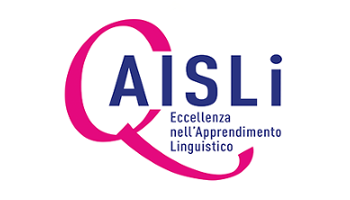
Ogni seminario verrà registrato e potrà essere utilizzato da ogni partecipante per le proprie classi, come ulteriore risorsa di formazione oppure per lo sviluppo professionale individuale.
Segue il programma completo dell’iniziativa.
- 17/10 | Peter Brown | CEFR 2020 from the Council of Europe: what’s new and practical suggestions for how to use it
- 31/10 | Thom Kiddle | Testing and Assessment literacy
- 14/11 | Jenny Holden | Encouraging communication in the CLIL classroom
- 28/11 | Carole Robinson | Developing speaking skills in CLIL
- 12/12 | Lucie Cotterill | Activities for teaching towards the Agenda 2030 goals in English
- 16/1 | Susan Hillyard | Resourcing your Difficult Classrooms with Imagination
- 30/1 | Chloè Pakeman Schiavone | Differentiation as a Path to Inclusion
- 20/2 | Griselda Beacon | CLIL & Storytelling in English Language Classrooms
- 13/3 | Alan Marsh | Get creative with grammar
- 27/3 | Lindsay Warwick | Adapting activities to suit different levels and needs
La partecipazione prevede la possibilità di ricevere un attestato riconosciuto dal MIUR rilasciato alla fine del percorso, avendo partecipato ad almeno il 75% delle ore previste.
Il costo annuale è di 247 €, il costo di un singolo evento è 35€, pagabili con carta del docente o carta di credito.
Si richiede un livello di inglese minino di B1.
IH Milano & San Donato Teacher Training Newsletter
Vuoi rimanere aggiornato sulle ultime novità del mondo EFL oltre che sulle nostre proposte di formazione per docenti di inglese? Allora iscriviti alla newsletter compilando il form qui sotto. Non preoccuparti, non saremo troppo invadenti, si tratta di 3 o 4 comunicazioni l’anno.
International House Journal
Una pubblicazione di International House World Organization pensata per essere un forum di dibattito, una piattaforma per lanciare nuove idee e rilanciare quelle vecchie, sfatare miti e in generale per incuriosire gli insegnanti di inglese.
L’IH Journal ha uno stive scorrevole ma serio, con spazio per la spensieratezza. IH World Organization è sempre alla ricerca di nuovi materiali, idee, documenti, foto e articoli. Se sei un esperto di insegnamento delle lingue, un formatore di insegnanti o un insegnante della rete IH o di altri settori e desideri contribuire all’IH Journal, saranno lieti di ascoltarti. Leggi IH Journal
Corsi di aggiornamento online per insegnanti
Corsi personalizzati in base alle esigenze dei docenti
L’anno accademico 2021/22 abbiamo offerto ai docenti di inglese un’importante opportunità di formazione e aggiornamento: ORCPT – Online Refresher Courses for Practicing Teachers, una serie di brevi corsi online in modalità live streaming. I moduli hanno approfondito temi di grande interesse come linguaggio, grammatica, vocabolario, pronuncia, insegnamento di abilità ricettive e produttive, selezione e adattamento del materiale da utilizzare in classe.
I corsi sono stati tenuti da insegnanti e formatori esperti nell’insegnamento della lingua inglese, qualificati da Cambridge Assessment English e con anni di tutoraggio e/o esperienza di insegnamento alle spalle. L’attestato di frequenza ha dato diritto a crediti formativi per gli insegnanti delle scuole statali.
The workshop was very helpful and gave me a lot of ideas for new ways to practice these features with my students.
Mary
Thank you again for the training session on Friday. I really enjoyed it and am going to try out some of the activities tomorrow!


